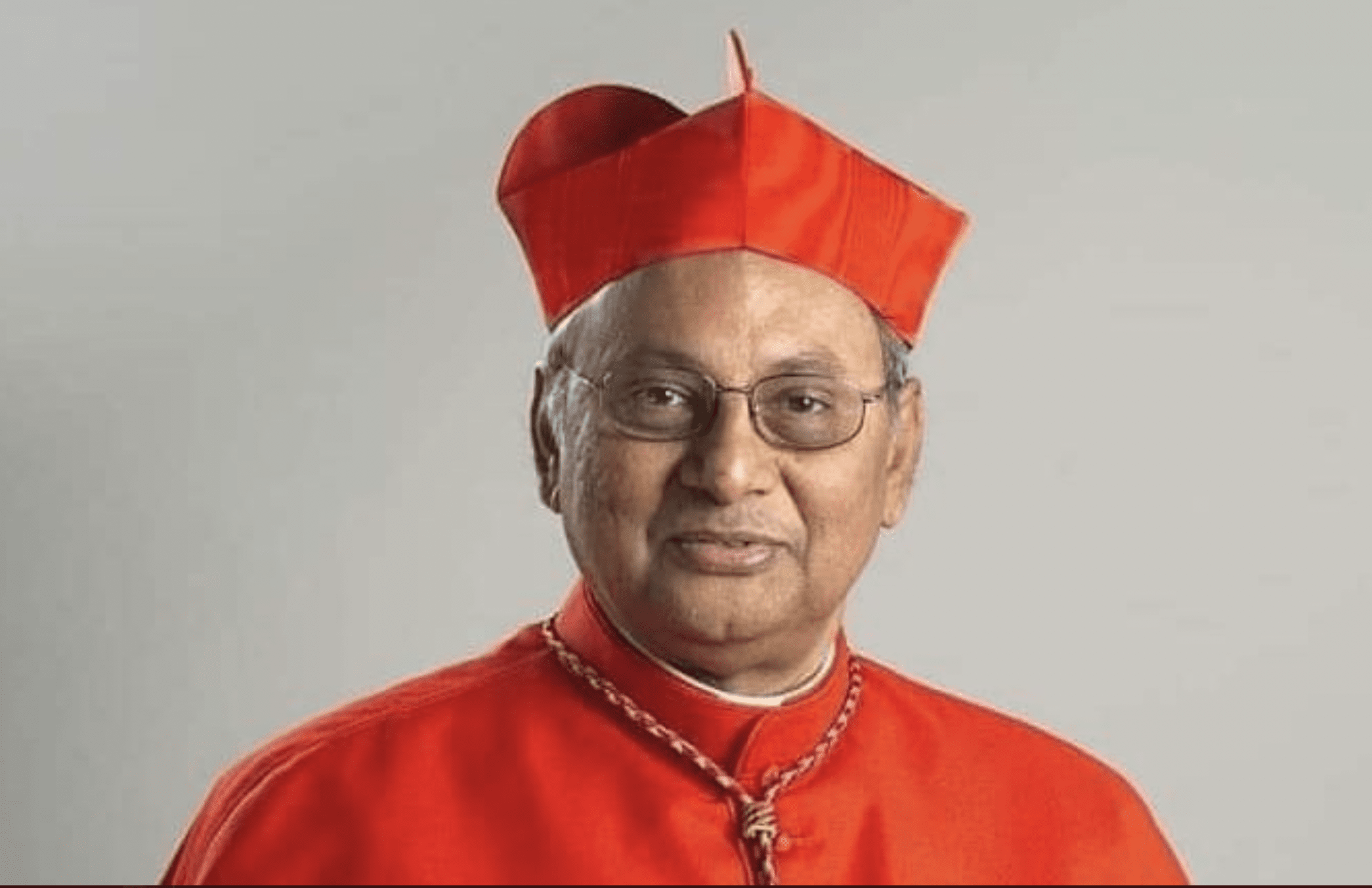
Cardinal Malcolm Ranjith, the Archbishop of Columbo, has urged the international community to apply serious pressure on the Sri Lankan government to conduct a fully transparent investigation into the 2019 Easter Sunday bombings that killed nearly 270 innocent people, highlighting political involvement at the highest levels.
The cardinal’s appeal, only the latest in a series directed at world leaders, comes after the country’s Parliament Select Committee released a report that suggested high-level government officials had allowed the country’s Christian minority community to be targeted in a string of terrorist bombings on Easter Sunday—the holiest day of the liturgical calendar— for political gain.
“I am asking—our people have a right to know who did this to them and why it was done. That so many people are suffering as a result of this attack. I’m appealing to the international community to please insist with our authorities that a transparent and clear investigation should take place with regard to the Easter attacks because it has repercussions on the entire public life of our people as well as the situation of peace and harmony in the world,” Cardinal Malcolm Ranjith said.
The prelate’s remarks, which took place during a press conference at an event organized by Aid to the Church in Need (ACN), a Catholic foundation that provides humanitarian aid to persecuted Christians across the globe, comes a few weeks after he addressed the United Nations Human Rights Council (UNHRC) and called on the international body—and its member states—to throw their support behind an impartial investigation” into the bombings.
“Help us to create an atmosphere where our questions will be answered by the authorities. We do not want to degrade our country, but we want to make sure the lives of innocent people are not played with by politics,” the 74-year-old cardinal said as he addressed the 49th UNHRC earlier this month.
The physical perpetrators of the deadly suicide bombings, which saw three churches and four luxury hotels targeted in a span of less than a half-hour in the commercial capital of Colombo, are believed to have been members of National Thowheed Jamath, a local Islamist group with links to the Islamic State. The attack, the deadliest since the country’s quarter-century-long civil war ended in 2009—and of the deadliest to take place since the Twin Towers were attacked on September 10th, 2001—killed 270 innocent people, including 82 children, and injured another 500 people, most of whom belonged to the island’s Catholic community.
Following the attack, then Sri Lankan Prime Minister Ranil Wickremesinghe acknowledged that the country’s security services had been “aware of information” relating to the attacks but that the intelligence had not been acted upon.
Since then, the Christian minority in Sri Lanka has remained deeply skeptical of the government’s investigations into the matter, with many Catholics, especially Cardinal Ranjith, suspecting that collusion had taken place between high-level government figures, the country’s intelligence agency, and the terrorists.
Their distrust of the government’s investigation is indeed well-founded. A report carried out by the Parliament Select Committee also suggests collusion at the highest level had taken place, pointing to the fact that the ruling party, Sri Lanka People’s Freedom Alliance, may have allowed the attack to occur to secure political and electoral gains ahead of national elections, which took place the following year.
Quoting directly from the executive summary provided by the lawmaking body’s committee, Cardinal Ranjith said:
The committee makes a very serious finding in terms of the status of the state intelligence apparatus, where intelligence information known to a few was not shared with relevant parties. It also observes that further investigations will be needed to understand whether those with vested interests did not act on intelligence so as to create chaos and instill fear and uncertainty in the lead-up to the presidential elections that were to be held later that same year.
It also observes that further investigations will be needed to understand whether those with vested interests did not act on intelligence so as to create chaos and instill fear and uncertainty in the lead up to the presidential election to be held later that same year.
“Why is it that those who were recommended for prosecution are not being prosecuted by the legal authorities? There are some areas indicated in the Parliament Committee report for further investigation, but they are not being investigated, why?” the 74-year-old cardinal added.
Aid to the Church in Need (ACN), a Pontifical Foundation of the Catholic Church that has been providing humanitarian aid to persecuted and oppressed Christians across the globe since 1947, continues to support the Church in Sri Lanka.
